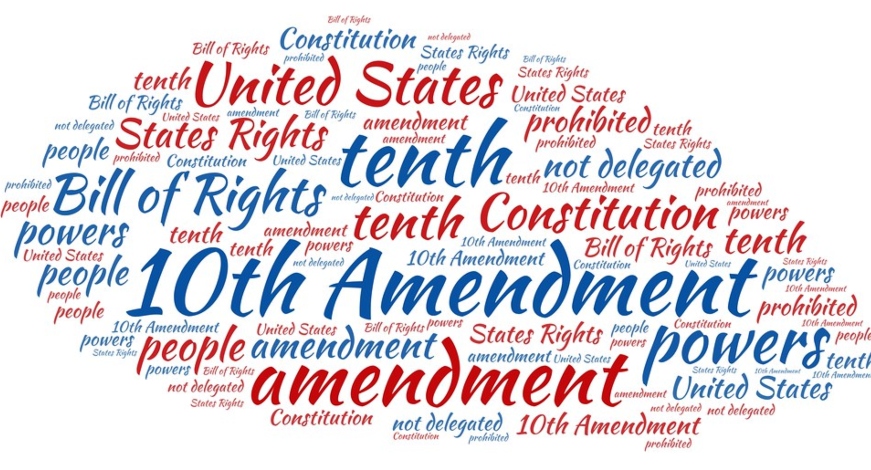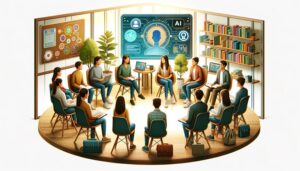
I may have stumbled into a way to
1. inspire students to ask more questions
2. encourage close reading of a primary source
3. save time
Back story:
Around 10 years ago I watched my student teacher try a strategy in US history which she learned about in her methods class. She played a short video showing a wild party at a speakeasy during the 1920s. At the party were scantily dressed men and women dancing around. After two minutes or so– during which students were noticeably confused– she stopped the video to show one of the women close up. She stood in front of the projector screen and gave a simple command:
“Hi! I’m a flapper. Interview me”.
Without delay the students started firing questions at her, ranging from “What is a flapper?”, “Why are you dressed like that?”, “How are you getting away with drinking alcohol?” to “Who was invited to the party?” I remember thinking to myself– ‘what an innovative way to get students to start asking questions‘.
Yet I never tried the strategy myself…until this week.
I was in a time crunch teaching the founding period in AP government–feeling a little overwhelmed with all of the primary sources required from the College Board. I’ve already had classroom discussions on Federalist 10, 51 and 70. Students are a little burned out. I needed a quick, imaginative idea for teaching Brutus 1— the seminal work which lays out the philosophy of the Anti-Federalists.
My mind raced back 10 years to that experience with my student teacher. What if I came up with a way to use the ‘Interview Me’ technique to inspire student questions on a primary source? Why not give it a shot? It’s not a Socratic seminar but who cares? As long as the students did a close reading of the document, and developed some cogent questions, my objectives would be met. And it might actually be fun.
So here’s what happened–
1. Students read excerpts from Brutus No. 1 in groups of three (document courtesy of the Bill of Rights Institute). I told them beforehand to formulate questions about the meaning of the reading.
2. Before setting them off to read it, I said they would have a chance to interview Brutus I (played by me) with 15 minutes left in the period. He would clear up their misunderstandings.
3. With 15 minutes left I sat in front of the room and said
“Hi! I’m Brutus I. Interview me”
I fielded their questions and students took notes based on my responses. We went right to the bell. (I screwed up here. I should have allowed at least 30 minutes for the interview.)
I haven’t assessed them yet but in terms of student interest in the activity and the quality of their questions, I was pleasantly surprised. They were amused with my performance. I didn’t dress up at all. I just made sure that I assumed the character of somebody who was afraid of centralized political power, large republics and a national Congress which would abuse its authority through its power to tax. It actually wasn’t hard to pull off from my end. It ended up being like a bizarre 15 minute co-presentation with my students as assistants.
There was something about the interview format which motivated students to ask questions. It brought a different energy to the room. Because they were interviewing me, they didn’t seem embarrassed at all about their confusions. They went along with it.
I see some adaptations for next time:
1. Tell a student to study the primary source beforehand and run the interview for the class.
2. Find two primary sources; divide the class; give one source to each section; have each section stage an interview. Maybe they could plan out questions beforehand so the interviewee knew what was coming and they made sure to cover salient points. Sounds like a mini-class project waiting to happen.
Has anybody ever tried this technique before with primary sources? If so, what did you do and were you successful?
Any ideas for improving this? The input would be great! Thanks.
Other posts you may like…
Sample Prompts for the Argument Essay FRQ- AP government
Sample prompts for Supreme Court comparison FRQ
Pre-writing activity for AP gov Argument Essay FRQ: Executive Orders





